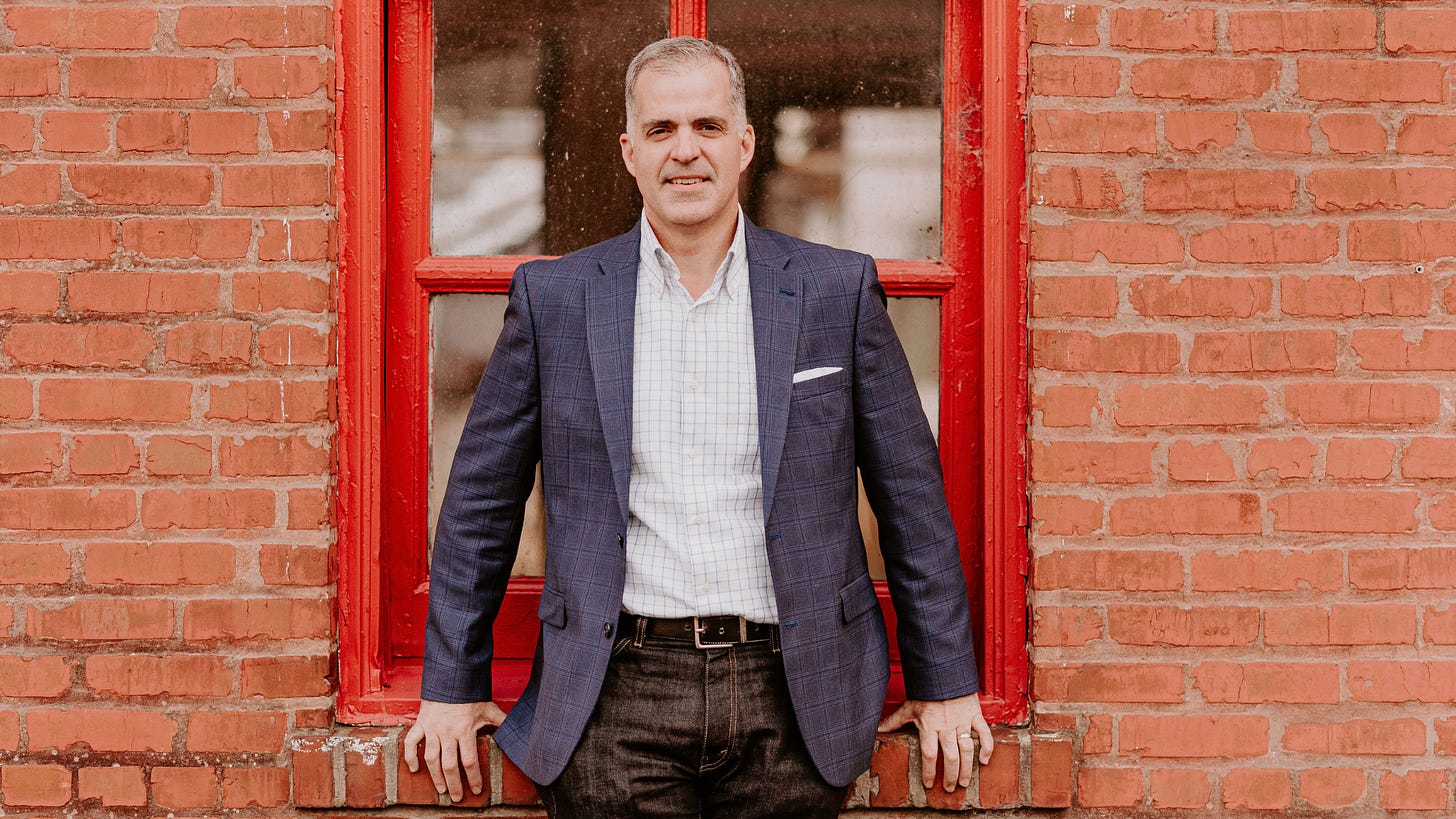
Do you want your church to grow?
Let’s assume the answer is “yes.”
The next, and more important, question is “Why do you want your church to grow?”
I recently attended a meeting with church leaders of a church that has lost its way. They’ve experienced consistent decline over the last twenty years. One of the gentlemen spoke up more than once during the meeting to say, “We need to get some young families in here.” Everyone else present nodded in agreement.
I have no doubt they care about their church as well as these prospective imaginary families. But their motive for reaching families was to save the church.
You know your church has lost its way if it’s asking the community to come to its rescue.
You know your church has lost its way if it’s asking the community to come to its rescue.
That may sound like an example from left field, but many churches operate to add attenders or members like businesses operates to gain customers. We can see this in how churches allocate time, energy, influence, messaging, and money.
The Weight of Gathering
For example, the typical church spends, let’s say, 90% of its leadership capacity on the Sunday gathering. The people we employ, the volunteers we train, the buildings we build and maintain, along with the time we spend preparing, rehearsing, recruiting, and following up—all of that weighs heavy on our Sunday gathering.
Even the way we ask our members to engage their neighbors is primarily to convince them to invite people to church.
Before I’m misunderstood, I believe that the gathered church is both essentially biblical and gloriously beautiful. There’s nothing like a healthy and growing local congregation gathering every single Sunday.
The gathered church is both essentially biblical and gloriously beautiful.
When the attendance at the Sunday gathering is the main point of the church, however, we’re in danger of turning away from the mission of God to redeem the world.
A Kingdom Bigger than the Room
The local church is the hope for the world, but Jesus did not die for our churches to just fill the room. Instead, he gave Himself to the church to make multiplying disciples who live on mission in every domain of the community as He advances His kingdom.
There was a time that cultural Christianity in America compelled believers and unbelievers alike to attend church with some degree of regularity. That time has passed. Today, most of our neighbors have little understanding of why a church exists or what a church does, and they have no intention of attending.
Most of our neighbors have little understanding of why a church exists or what a church does, and they have no intention of attending.
Additionally, Jesus’ most noted teachings are impossible to fully obey inside the gathered assembly. For example:
The Great Commission to make disciples happens inside and outside the church gathering.
The Great Commandment to love God and our neighbors happens in large part outside the church gathering.
The Great Compassion to care for the “least of these” happens primarily outside the church gathering.
If then, so many resources are given to getting people to attend on Sunday, what capacity do we have to equip and empower believers to engage members of our community who have no gospel awareness? Not enough.
Four Diagnostic Questions
How, then, can we flip the script? Instead of asking the community to save the church, how can we mobilize the church to save the community?
For starters, consider these four diagnostic questions for your church:
How does your church regularly pray for other local churches, organizations, businesses, and public sector entities? How does this prayer effort shape your church’s operational priorities?
How does your church go beyond serving the city through occasional acts of kindness, and instead, pursue the peace of the city through strategic staffing, resourcing, training, messaging, and measurables?
How does your church allocate resources for the success of neighbors and local organizations outside of your church?
How does your church equip, empower, unleash, and celebrate church members who invest in kingdom work in the community that’s not associated with your church?
These questions provide a starting point for important conversations that can move your church toward renewal.
Every church should grow, but healthy churches do not exist to grow in attendance. They exist to grow in gospel influence so that souls are saved, disciples are multiplied, and the city is transformed by the presence and power of Jesus.
THRIVING PASTORS. STRONG CHURCHES. TRANSFORMED COMMUNITIES.
These three priorities describe the calling of my life, and by God’s grace, I’m able to pursue this calling as the Strengthening Healthy Churches Team Leader with the Tennessee Baptist Mission Board. We serve churches by multiplying gospel leaders who advance God’s kingdom.
I’m also the Executive Director of Everyone’s Wilson and The Everyone’s Welcome Network—a platform for Gospel transformation in local communities.
Our mission is to unite the Church to engage the community, so everyone thrives.
To keep up with our work at Everyone’s Wilson, you can Follow Us on the Socials or Subscribe to the Everyone’s Wilson Newsletter Here.
If you, your church, or your community leaders are interested in creating or joining community transformation collective in your community, I’d love to connect with you.
Sign up as an Everyone’s Wilson Prayer Partner HERE.
Please consider partnering with us financially. You can give HERE. All gifts are tax-deductible.
I’D LOVE TO HEAR FROM YOU.
If you don’t already, please follow my personal accounts on Facebook, Instagram, or LinkedIn.
Finally, thank you for reading and subscribing to this newsletter.
If it’s helpful, I’d love to hear about it. If it’s not, I don’t want to hear about it, but I probably need to. So either way, please give me some feedback.
Just click the button for my contact information.



